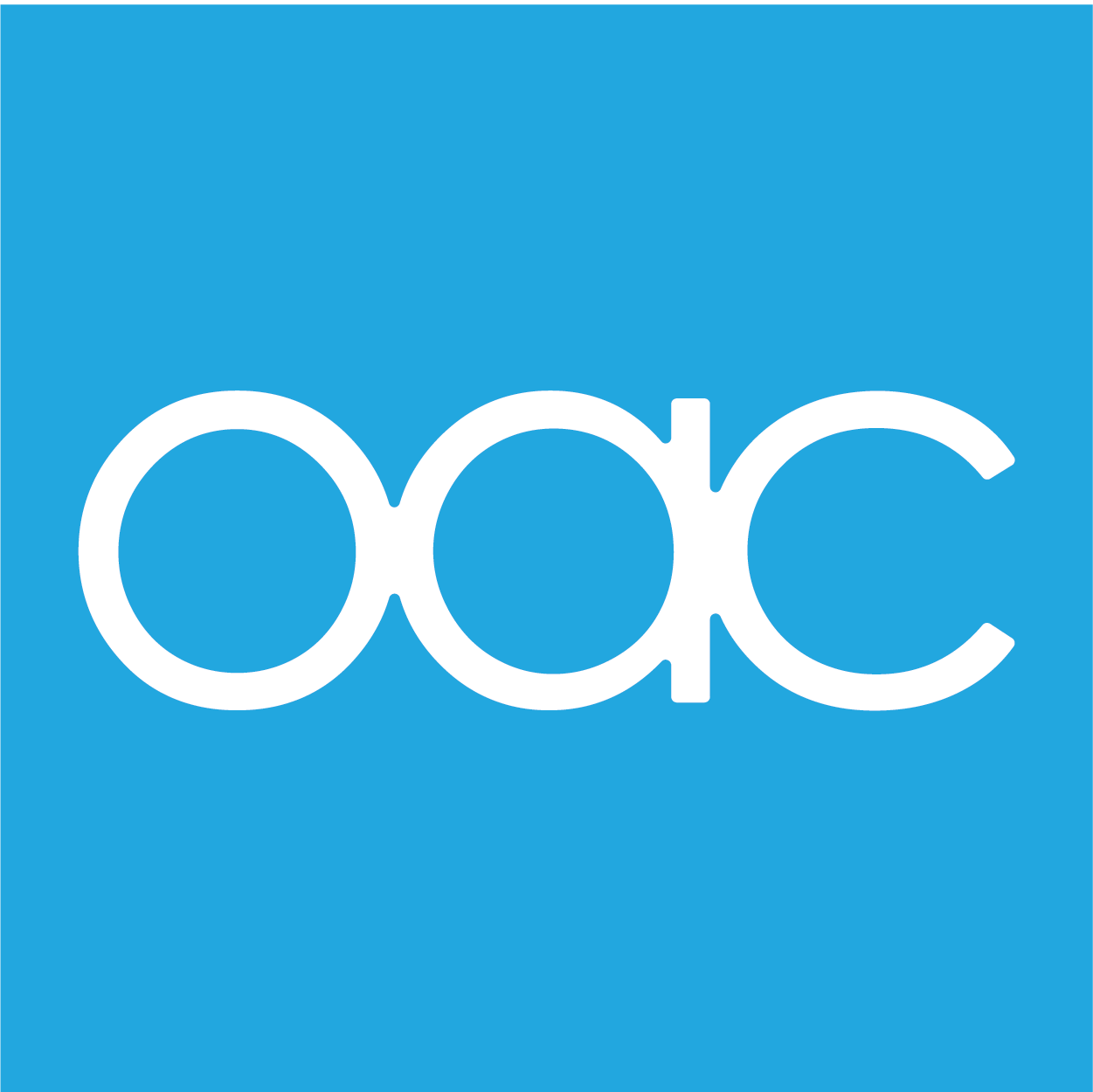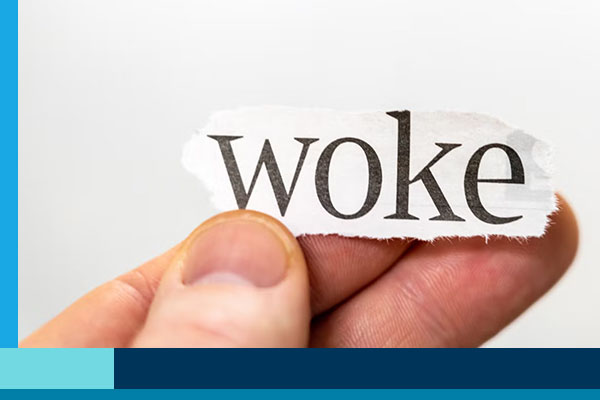By Pr. Rhoda Klein Miller
More than once I’ve been accused of being a pastor who is “too woke” and quite frankly I welcome that adjective over other labels I’ve been given. However unless you are Black please use a different term. Since February is Black History month in Canada this is a good time to increase our awareness of common words that should be edited in light of their historical origins.
The Bible champions the importance of word choice including “rash words are like a thrusted sword but the tongue of the wise brings healing” in Proverbs 12:18. (For more read Eph.4:29, Prov.18:21 and Matt.12:36). So let’s learn a few ways in which we can adopt less offensive speech.
If you’ve been reviewing residential real estate listings or watching home improvement shows you’ll notice that “master” bedroom and bath is more appropriately called ‘primary”. Similarly in computer science the control relationships of hardware or software components are now being referred to as ‘primary’ and ‘replica’ after decades of “slave/master” descriptors. In business and communications a “block list” of banned accounts or clients is replacing “blacklist” due to erroneous blanket association of the colour black with bad things.
We might say “cakewalk” to describe an easy victory but the term originated on American plantations where enslaved people competed to win a cake by dancing for their owner’s entertainment.
Recently I’m retraining myself to replace “stakeholders” with ‘invested & impacted persons” due to the colonial association of stakes with ownership. The West’s idea of ownership is at odds with Indigenous (and Biblical) principles of shared resources, stewardship, and treaty (covenant) agreements.
The first published use of ‘woke’ is found in a 1942 volume of Negro Digest in an article about labour unions. Oxford dictionary updated its definition of “woke” in 2017 to add the meaning of “alert to injustice in society, especially racism”. #StayWoke was for a time used among black peers as a reminder to be conscious of systematic injustice. Sadly it is now used among mainstream platforms to mock those who seem overly pretentious about any social concern which overrides the original galvanizing motto.
Social justice is a Christian practice and it can’t be dismissed as a politically liberal agenda. Becoming anti-racist is the work we do when we follow the way of Jesus.


